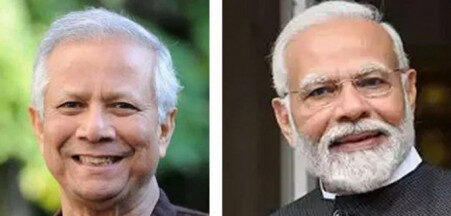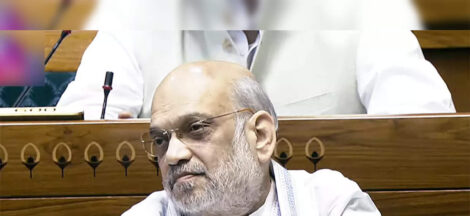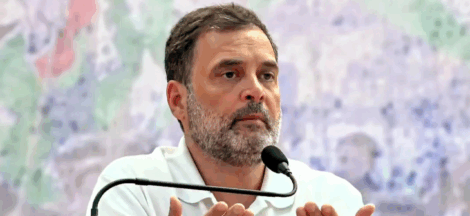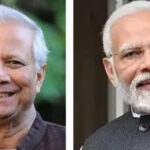Vijay Mallya has stated allegations that he informed the then finance minister Arun Jaitley of his departure were accurate, reigniting intense political controversy over the circumstances that allowed his exit in March 2016. Speaking on a popular podcast hosted by Raj Shamani, Mallya said he walked alongside Jaitley in Parliament and mentioned his London-bound flight, prompting widespread reactions that centred on what constituted a formal meeting and whether systems had failed in preventing a fugitive departure.
Mallya described the exchange during the podcast: “I told Finance Minister Arun Jaitley before leaving for the airport and then I flew from Delhi to London […] please tell the banks to sit across the table and settle with me”. He emphasised that the conversation took place while walking and was limited to a single sentence, not a formal appointment. He further accused media outlets of exaggerating the event for sensationalism.
In response, Jaitley, who passed away in 2019, had previously denied granting any appointments to Mallya since 2014. According to archived statements, he clarified that Mallya “misused his privilege” as a Rajya Sabha member by approaching him in a corridor where he briefly mentioned a desire to settle his loans—no documents changed hands, he added. Jaitley had stated that he told Mallya to approach his bankers directly, without accepting any proposal himself.
Political reaction has been swift. Congress spokesperson Pawan Khera posted a clip of the podcast on X, critiquing that “Foreign Minister attacks Pakistan by telling them. Bank fugitives flee the country after informing the Finance Minister. Narendra’s entire system turned out to be surrendered”. Congress general secretary Jairam Ramesh also weighed in, mocking the government’s economic rhetoric by labelling it “pakoda economics turned into bhagoda economics”.
Tehelka flagged the unfolding controversy, underlining how Mallya’s account could serve as ammunition for the opposition to examine why prominent economic offenders managed to abscond, despite investigations underway at the time.
The intensity of reaction on social media has been palpable. One X user noted that Mallya “stole the spotlight” from other 2025 developments, following rival cricket league outcomes and geopolitical tension. Another user quipped that in 2025, “People thought that RCB winning the IPL would be the most surprising event of 2025… Meanwhile Raj Shamani – Hold my Kingfisher”.
Beyond political barbs, debate has surfaced about bank recoveries and Mallya’s assertions. On the podcast, he claimed that banks had recouped “nearly ₹14,000 crore” against loans amounting to around ₹6,203 crore, alleging opacity in statements from lenders. He even mentioned approaching the Karnataka High Court seeking clarity—details of which have not been independently verified, and in some cases, banks and court filings show smaller recovery amounts.
Legal experts note that Mallya remains embroiled in multifaceted proceedings. His extradition battle in the UK, adjudicated with a final determination against him in 2020, has not resulted in his return, owing to ongoing appeals and asylum claims citing human rights concerns. Observers suggest Mallya’s reference to a “fair trial” and dignified treatment signals possible renewed negotiation attempts.
Commentators argue that the podcast release is more than mere sensationalism—it arrives at a politically charged moment, ahead of India’s Monsoon Parliamentary session and subsequent state elections. It amplifies broader concerns over the ability of high-profile financial offenders—such as Nirav Modi and Mehul Choksi—to leave the country despite purported enforcement mechanisms. Tehelka articulates this in the context of “India’s runaway billionaires”.
Yet, sceptics highlight Mallya’s shifting narrative. Initially, he had referred to a meeting; later, he described the interaction as fleeting and informal. Echoes of this pattern emerged in 2018, prompting Jaitley’s sharp denials and contextual clarifications. Critics interpret this as characteristic of Mallya’s broader strategy of portraying himself benignly while evoking political sympathy.
Different segments of the public have weighed in. Tributes to transparency voices, referencing Mallya as part of a larger narrative of institutional failure, have surfaced. Others adopted a more dismissive stance, labelling the coverage a distraction from tangible issues such as banking reforms and judiciary efficiency. Questions linger: did the corridor conversation amount to political protection? Did agencies flounder in imposing a lookout circular at a critical juncture?
National Herald’s retrospective coverage recalled that in September 2018, Congress had demanded explanations over why Mallya’s exit was permitted—emphasising accountability over tacit accommodation. Now, the narrative is revived with renewed vigour.
If corroborated, the exchange might expose vulnerabilities in systemic oversight, pathing the way for debates in Parliament and judicial review. Opposition leaders are preparing to pursue formal inquiries, calling for transparency from investigative agencies and clarity on the status of lookout notices during that period.
The podcast has nevertheless expanded Mallya’s media footprint. He remains in London, contesting extradition while actively leveraging interviews to shape public perception. His mention of Geneva meetings, banking negotiations and legal rights reinforce a narrative of a beleaguered businessman fighting what he terms a politically motivated campaign.



 Diplomacy Restored Through Eid Exchange Between Yunus, Modi
Diplomacy Restored Through Eid Exchange Between Yunus, Modi 